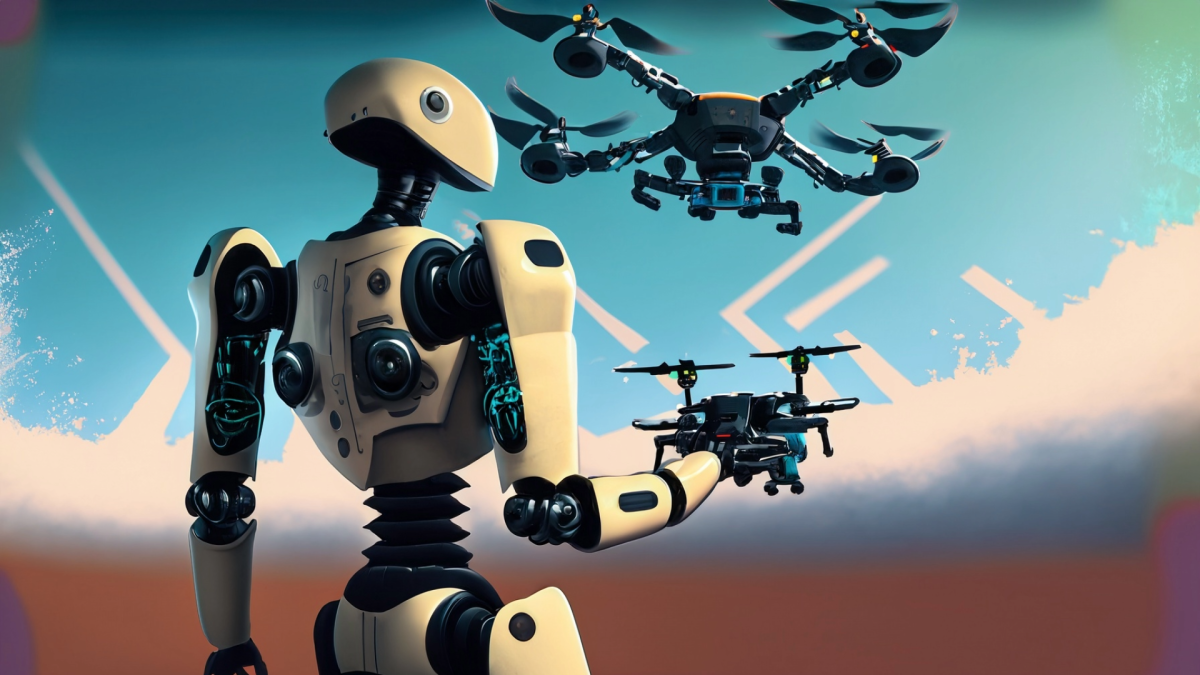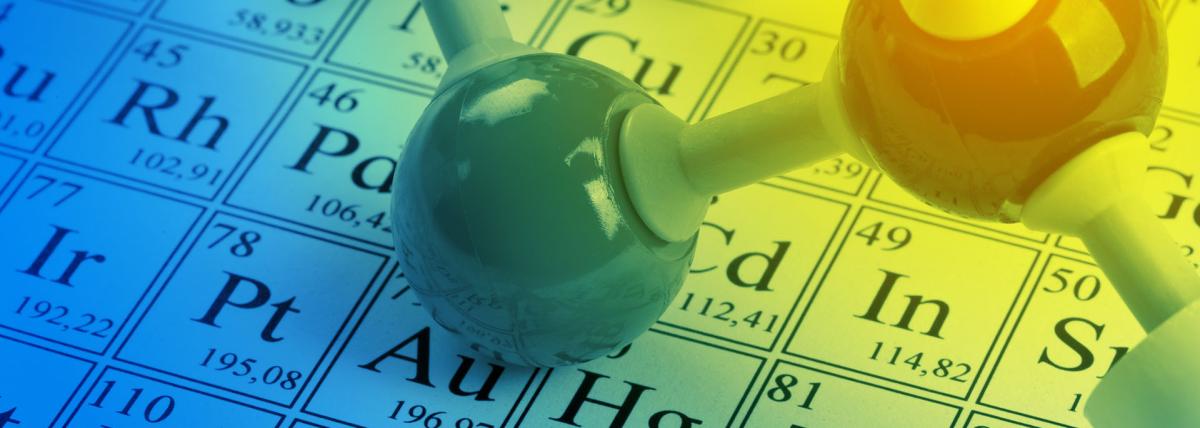
Grades:
Kindergarten, 1st Grade, 2nd Grade, 3rd Grade
Students will learn about the engineering design process by working in small groups to identify a problem, then design and create a solution, inspired by the main character's creativity and problem









